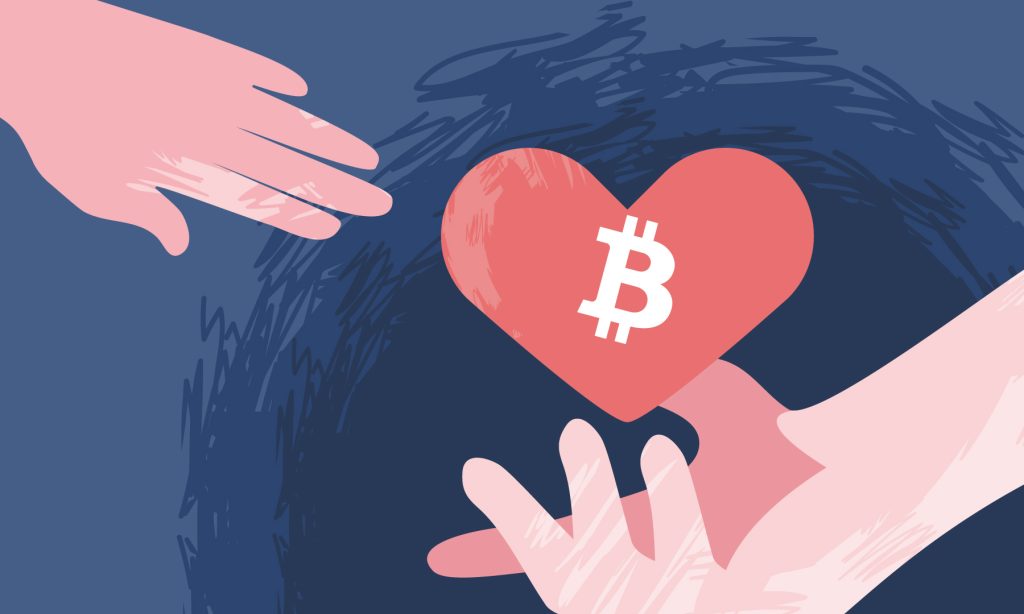Human Rights Foundation (HRF) has announced a new round of donations, amounting to $325,000 in BTC, for the development of the Bitcoin ecosystem.
The funds will be used for censorship resistance, core development, open-source self-custody, chaumian e-cash, and global education. The announcement was made via the NGO’s official blog, on 6 September.
The $325,000 donation is not their first when it comes to supporting the world’s first crypto. Over the past two years, HRF has donated over $1.5 million in BTC and USD to its Bitcoin Development Fund to promote Bitcoin development worldwide. The NGO will be announcing its next round of donations in January 2023.
The donated BTC will go to eight Bitcoin projects by individual developers and NGOs.
In the individual category, developers Josh Kitman and Jon Atak will be receiving $50,000 each. Kitman is working on Fedimint, a Chaumian e-cash solution for Bitcoin. Atak’s work focuses on improving Bitcoin. Keith Mukai, who works on Seed Signer, an offline, air-gapped Bitcoin hardware wallet, will receive $25,000. Another grant of the same amount goes to Leigh Cuen for her work in developing a Bitcoin donation guide for non-profits.
BTCPay Server, an open-source bitcoin payments processor, will receive $100,000. Other organizations receiving the funds include Robosats, an open-source peer-to-peer (P2P) Lightning exchange, and Novaya Gazeta, an independent Russian news outlet. Both NGOs receive $25,000 to extend their projects. Lastly, another $25,000 goes to Vinteum Initiative, a non-profit Bitcoin research, and development center.
FAQs
What charity takes Bitcoin?
Charities such as Save the Children, Many Hopes, and The Giving Block accept Bitcoin donations.
Where to ask for Bitcoin donations?
You can ask for Bitcoin donations by creating a Bitcoin wallet and sharing the wallet address with potential donors or using crowdfunding platforms that facilitate cryptocurrency donations.
How do I receive Bitcoin donations?
To receive Bitcoin donations, you need to share your Bitcoin wallet address with potential donors. Once they send Bitcoin to your wallet address, the transactions will be recorded on the blockchain, and you will receive the donated funds in your wallet.
How to get free Bitcoin?
Getting free Bitcoin typically involves participating in activities such as Bitcoin faucets, airdrops, or completing tasks on platforms that offer Bitcoin rewards. However, it’s important to be cautious of scams and ensure the legitimacy of the sources offering free Bitcoin.








